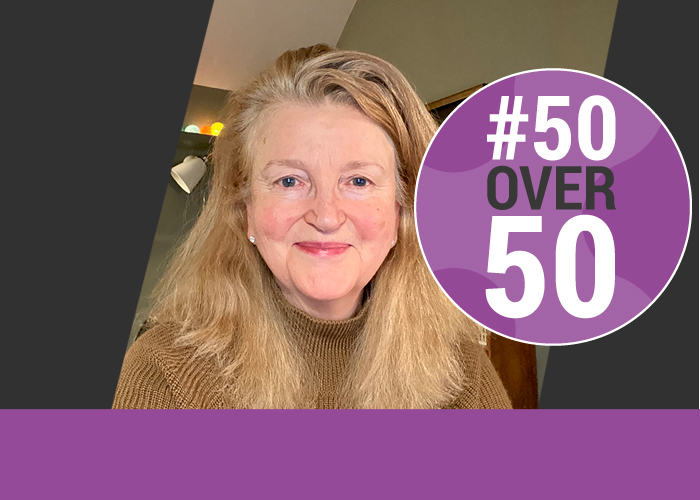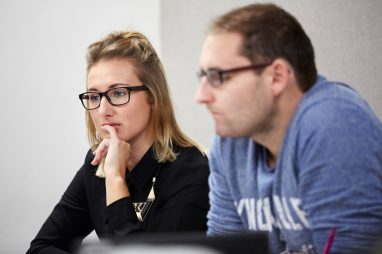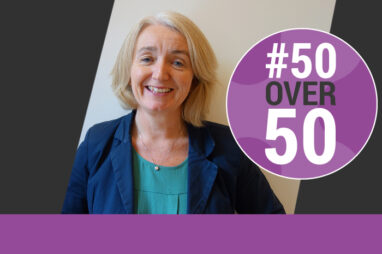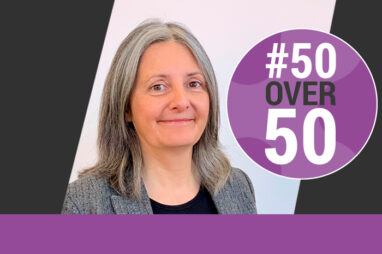#50over50: Clare Parsons
If you went to El Vino’s in Fleet Street, they didn’t serve you as a woman. At a restaurant, even if you were paying, the menus with the prices on them were passed to the men, not the women. The wine lists were always passed to the men.
Back then, partnership agreements were always written in the masculine (‘He will’). I insisted on it being ‘her’, ‘she’. It was a female partnership agreement, which it still is today. It was an important part of our notion of equality.
We’re carbon neutral – and have been for 11 years. Now we are positioned as a good fit for businesses that care about sustainability and about ESG.
Looking back on our business, Tony and I believe in community: it’s about locality; it’s about a sense of responsibility to all people in a community.




